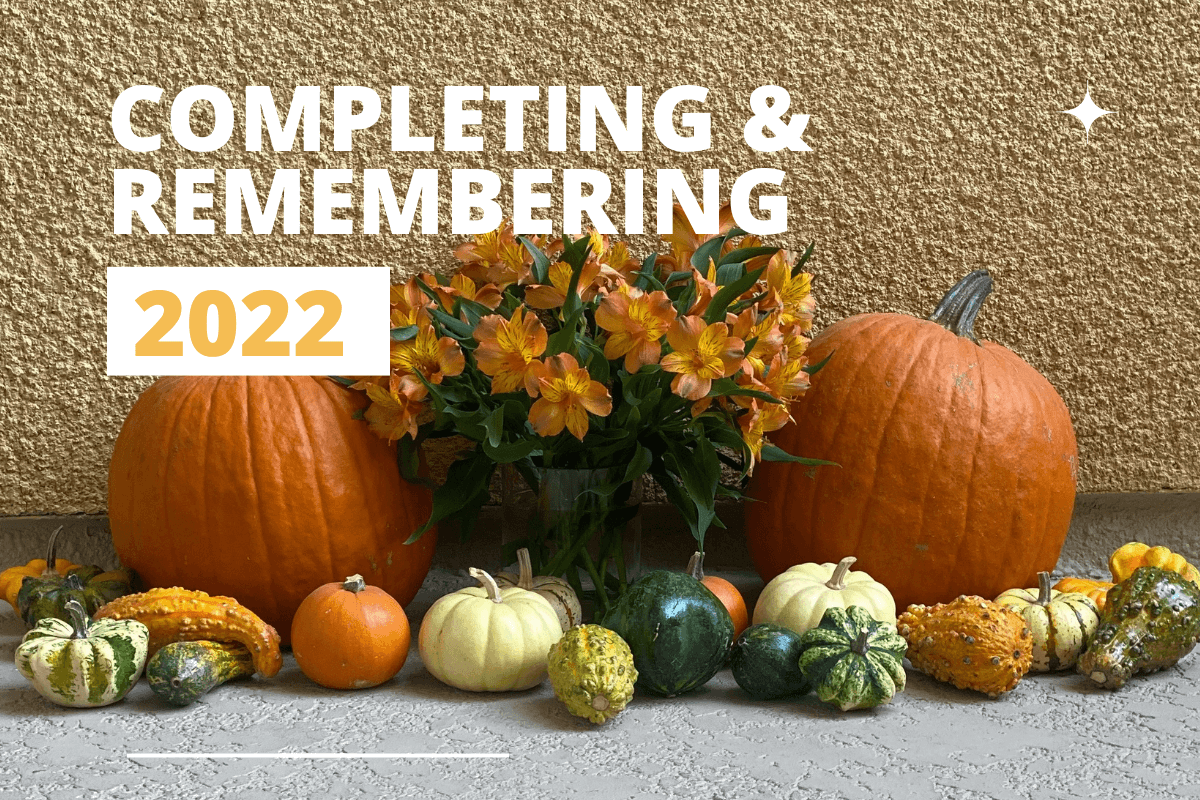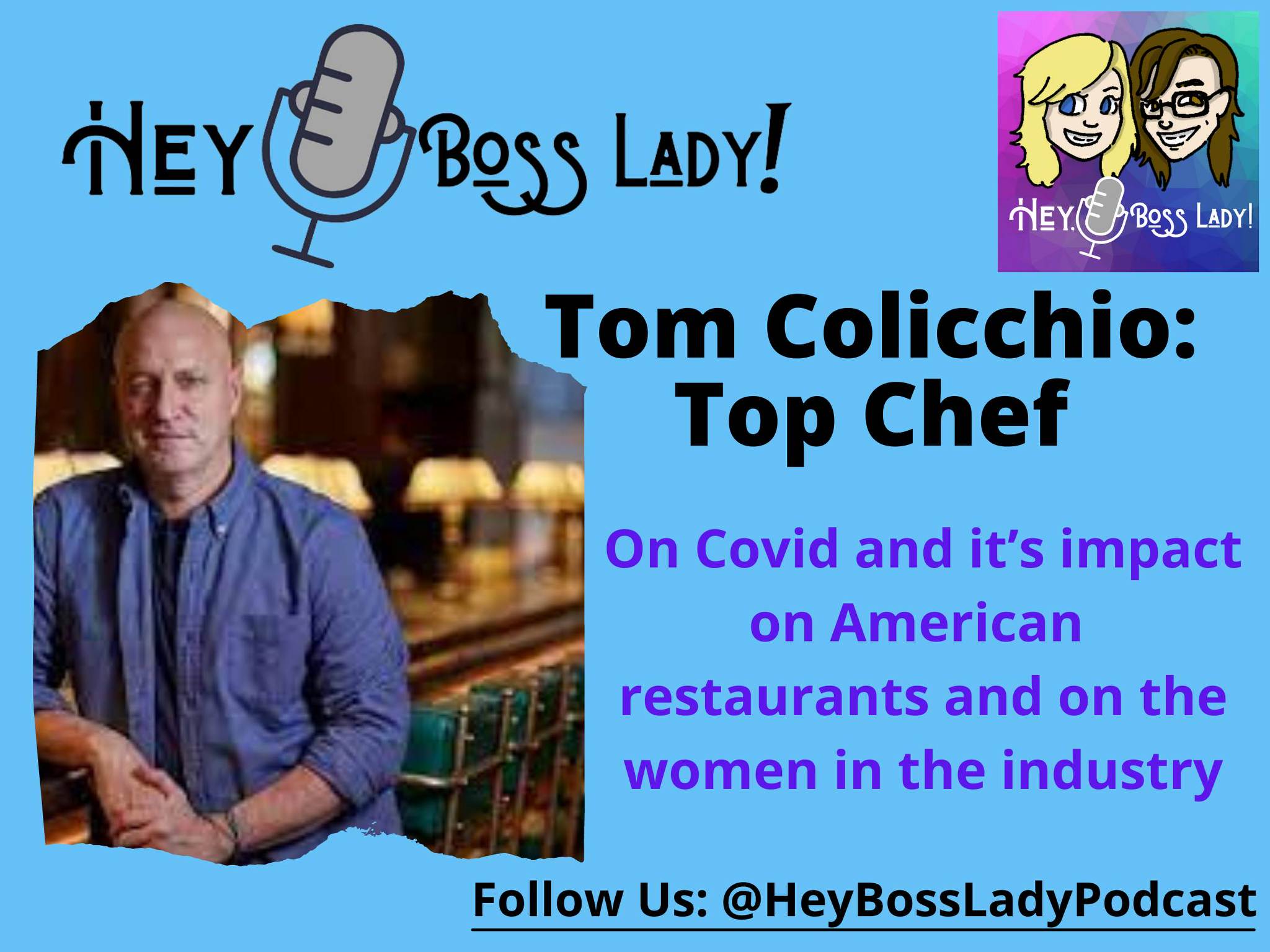The following blog post was written by author, researcher, teacher and Positive Psychologist, Dr. Robert Biswar-Diener. Robert has a new book out this week: The Courage Quotient and Robert is one of two resources I recommend for his Positive Psychology Coaching Course. His April class is full, but he has another scheduled for June 4. I have italicized the section I found most interesting.
Soft Fascination and Lemonade
Anyone who has ever had to proofread, write a bibliography or refrain from snacking in the afternoon knows that these activities can be mentally exhausting. In fact, psychologist Roy Baumeister and his colleagues found that these types of tasks– those that involve effortful attention– deplete glucose in the brain. When the researchers gave fatigued study participants a glass of sugary lemonade they suddenly became better at these activities, as opposed to those who were given a glass of lemonade made with an artificial sweetener, who received no benefit.
Next time you have a big day with lots of demanding work consider taking a break to go to the city park or similar pleasant greenspace and see how it affects your mental resources. If you just don’t have time to get outside I suppose you can always turn to that glass of lemonade!
Thank you, Robert, for a great post. Andrea T. Goeglein www.ServingSuccess.com
Here are the links again to order Robert’s new book and to his site for outstanding learning opportunities:
http://www.amazon.com/The-Courage-Quotient-Robert-Biswas-Diener/dp/0470917423/ref=sr_1_1?ie=UTF8&qid=1334326756&sr=8-1




